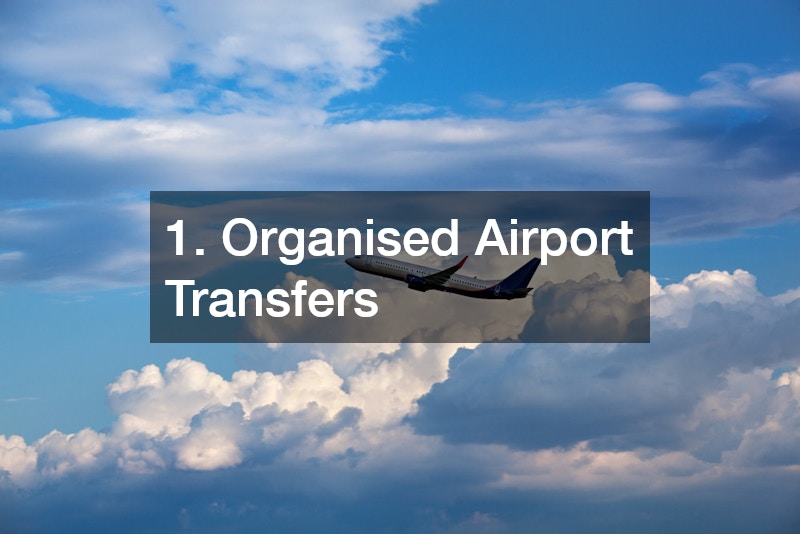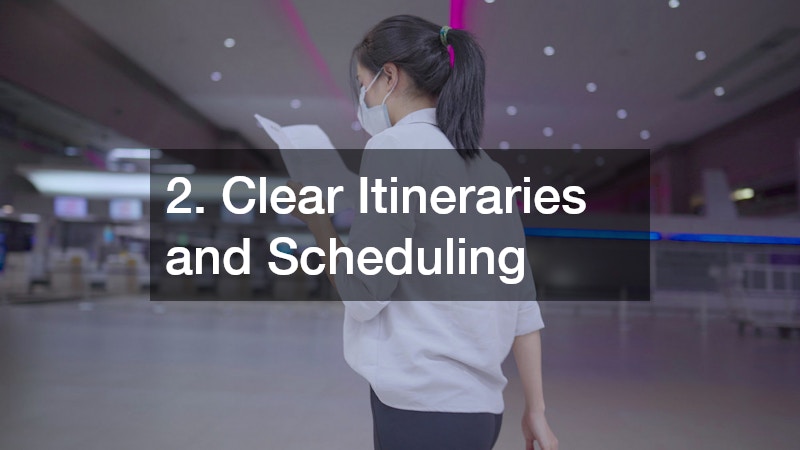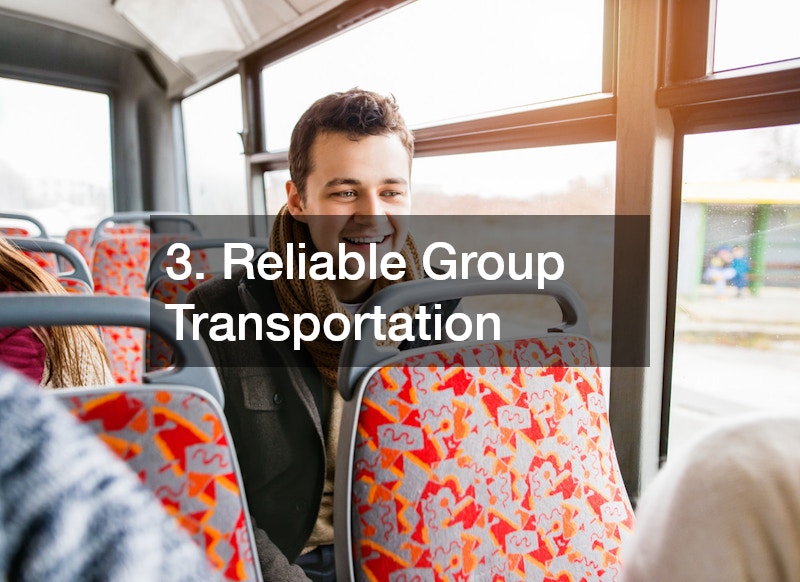Business travel can be exciting, but it also comes with logistical challenges that can affect productivity and morale. Teams on the move often face tight schedules, unfamiliar locations, and unexpected issues, making reliable travel support essential. Providing the right resources helps employees stay focused, safe, and comfortable, ensuring business objectives are met efficiently.
From transportation solutions to contingency plans, there are several strategies businesses can implement to keep mobile teams on track. Here are seven practical approaches to supporting your staff while they’re on the move.
1. Organised Airport Transfers

The first step in smooth business travel is reliable airport transfers. Coordinating pickups and drop-offs ahead of time ensures your team arrives on schedule, reducing stress and delays.
Professional transfer services can accommodate different group sizes and luggage requirements, making travel more comfortable. Clear instructions, dedicated drivers, and pre-arranged routes improve efficiency and allow employees to focus on their work rather than transport logistics.
Investing in dependable airport transfers shows your team that you prioritise their time and comfort, which can boost overall satisfaction during business trips. Additionally, considering accessibility requirements or special needs ensures every team member can travel safely and conveniently.
2. Clear Itineraries and Scheduling

A well-structured itinerary keeps teams informed and prepared. Providing clear schedules for meetings, transport, and downtime prevents confusion and maximises productivity.
Including details about bus tours, walking routes, or shuttle timings ensures employees know how to move between locations safely and efficiently. Advanced planning also allows for flexibility, helping staff handle delays or changes without unnecessary stress.
Sharing itineraries digitally makes it easy for mobile teams to access updates on the go, keeping everyone aligned and informed. Including notes on local amenities, dining options, or nearby facilities can also make travel more enjoyable and less stressful.
3. Reliable Group Transportation

For teams travelling together, arranging reliable group transport is critical. Coordinated bus tours or chartered vehicles allow employees to move between venues efficiently, without worrying about navigation or parking.
Group transport also fosters team cohesion by allowing colleagues to interact in transit. Investing in quality vehicles with comfortable seating, Wi-Fi access, and climate control improves the experience and ensures staff arrive at meetings or events ready to perform.
Reliable group transportation also helps companies maintain schedules when multiple stops are involved, ensuring all team members arrive on time for appointments or site visits.
4. Contingency Planning
Unexpected issues can occur, from vehicle breakdowns to missed connections. Preparing contingency plans minimises disruption and keeps business travel running smoothly.
Having access to a towing service or backup transport options ensures that vehicle problems don’t derail schedules. Similarly, pre-arranged alternatives for flights, buses, or shuttles help maintain momentum and prevent unnecessary stress for employees.
Planning for emergencies demonstrates foresight and protects both staff wellbeing and business objectives. Providing a clear chain of communication for emergencies further reduces confusion and ensures quick responses to unforeseen situations.
5. Accommodation Support
Comfortable, accessible accommodation is key to maintaining energy and focus. Selecting hotels near meeting venues, transport hubs, or event locations saves time and reduces travel fatigue.
Consider facilities such as meeting rooms, reliable Wi-Fi, and quiet spaces for work or rest. Supporting employees with clear information about check-ins, amenities, and nearby services ensures they can settle in quickly and remain productive throughout the trip.
Including accommodation that offers convenient access to dining, fitness, or relaxation options adds another layer of travel support, helping employees maintain balance and wellbeing during busy schedules.
6. Real-Time Communication
Keeping mobile teams informed in real time is essential for effective travel support. Sharing updates via messaging apps, group chats, or dedicated travel management platforms ensures everyone receives the latest information.
Whether it’s a change in bus departure times or instructions for airport transfers, immediate communication prevents confusion and missed connections. Employees can focus on their tasks rather than constantly seeking information, improving overall efficiency.
Real-time communication also allows managers to monitor progress, provide timely guidance, and respond to any unexpected challenges as they arise, keeping the trip on track.
7. Health and Wellbeing Considerations
Travel can be physically and mentally demanding. Prioritising employee wellbeing includes scheduling breaks, ensuring access to healthy meals, and providing guidance on safe practices during transport or excursions.
Encourage short walks during long journeys, access to comfortable rest areas, and hydration reminders. Taking steps to support wellbeing reduces fatigue, enhances alertness, and helps teams perform at their best throughout the trip.
Additional support can include providing resources for stress management, offering ergonomic seating on long transfers, or sharing tips for coping with jet lag. Thoughtful attention to health and wellbeing demonstrates that your company values its employees, fostering loyalty and engagement.
Supporting teams on the move requires thoughtful planning and reliable services. From organised airport transfers to coordinated bus tours, contingency measures like towing service, and attention to wellbeing, every element contributes to a smooth travel experience.
Investing in travel support benefits employees by reducing stress, saving time, and maintaining productivity. A well-supported team is more confident, focused, and capable of achieving business goals while on the road.
By implementing these seven strategies, businesses can create seamless travel experiences that protect both staff and organisational outcomes, ensuring that every trip is efficient, safe, and productive.
